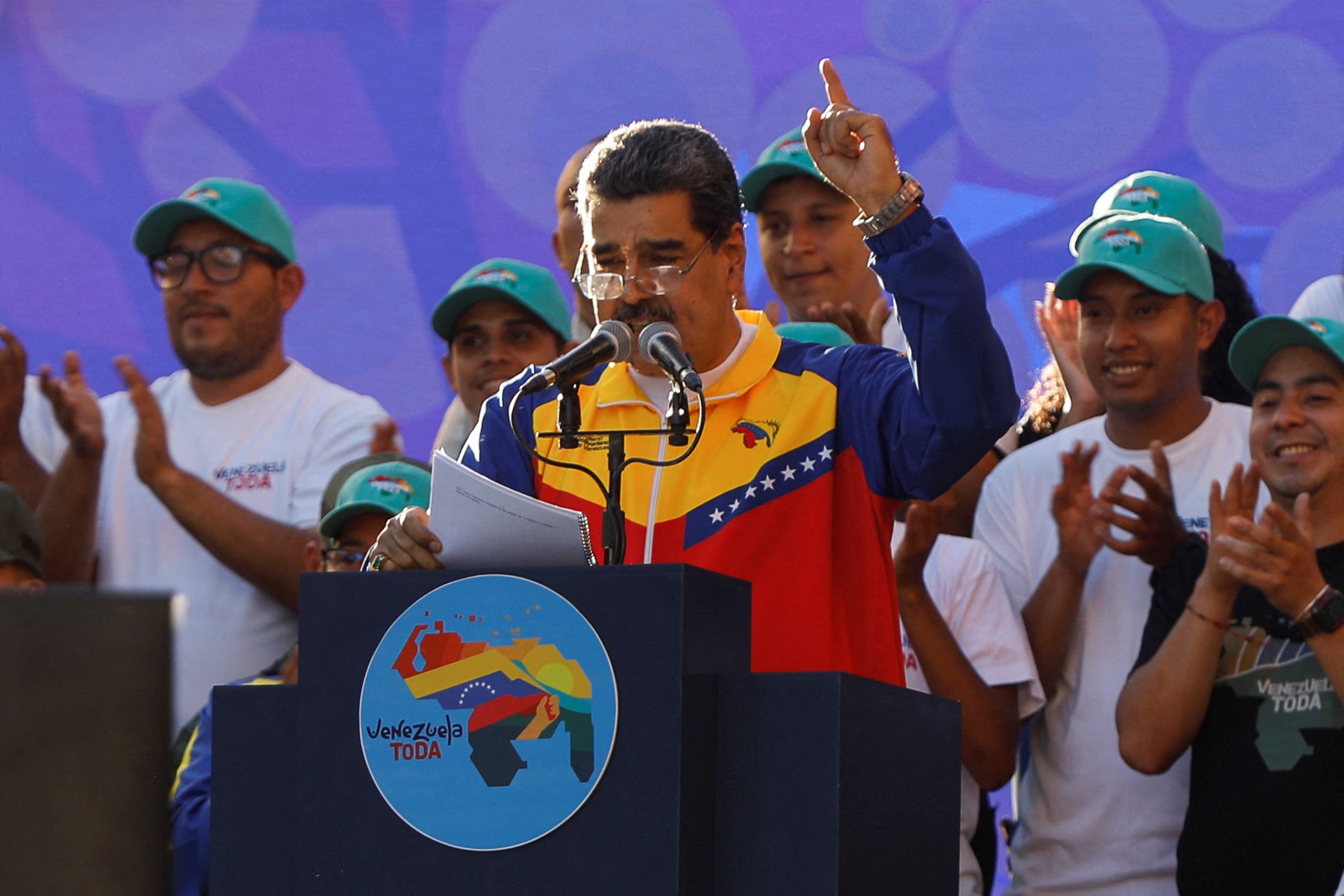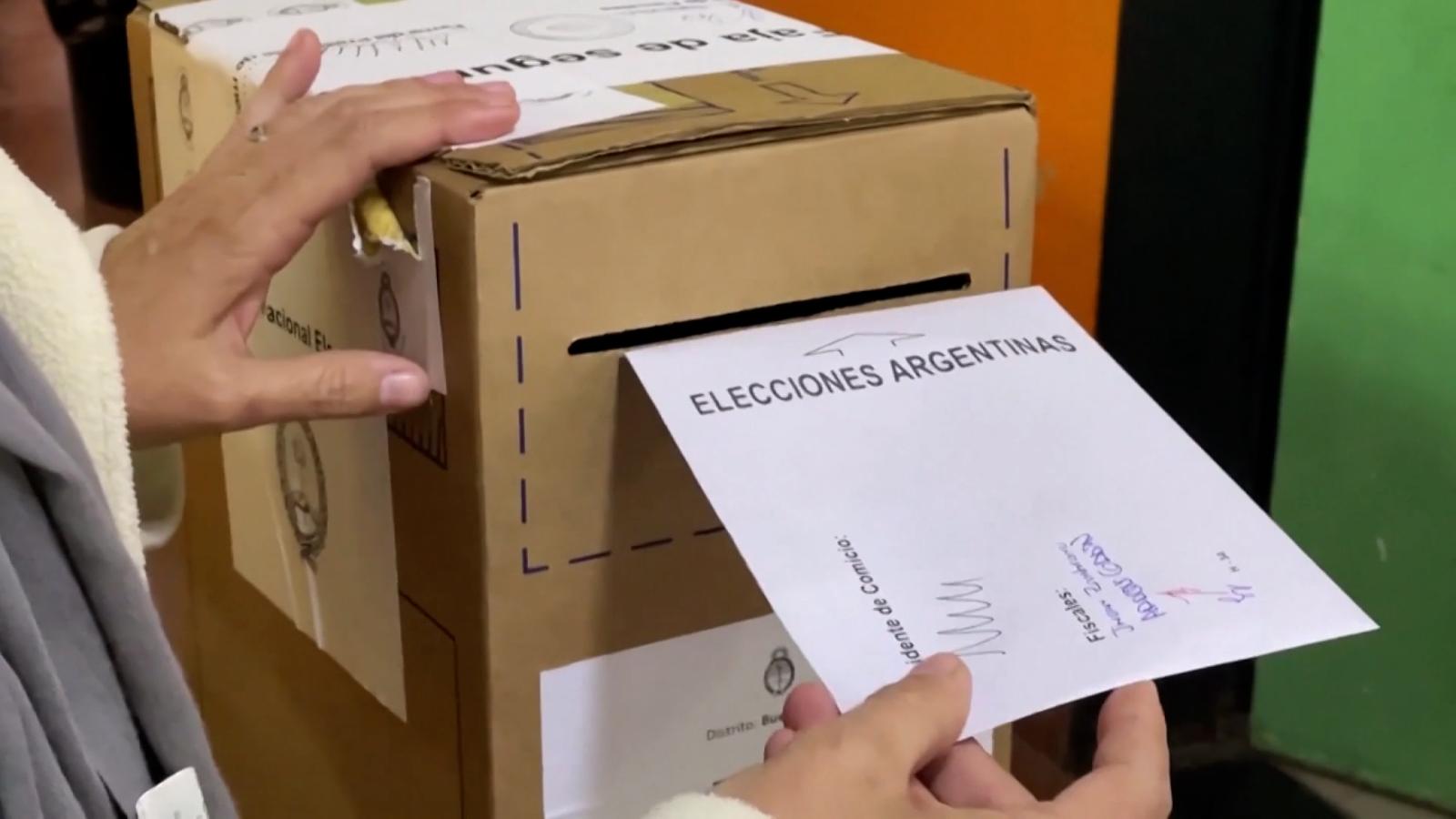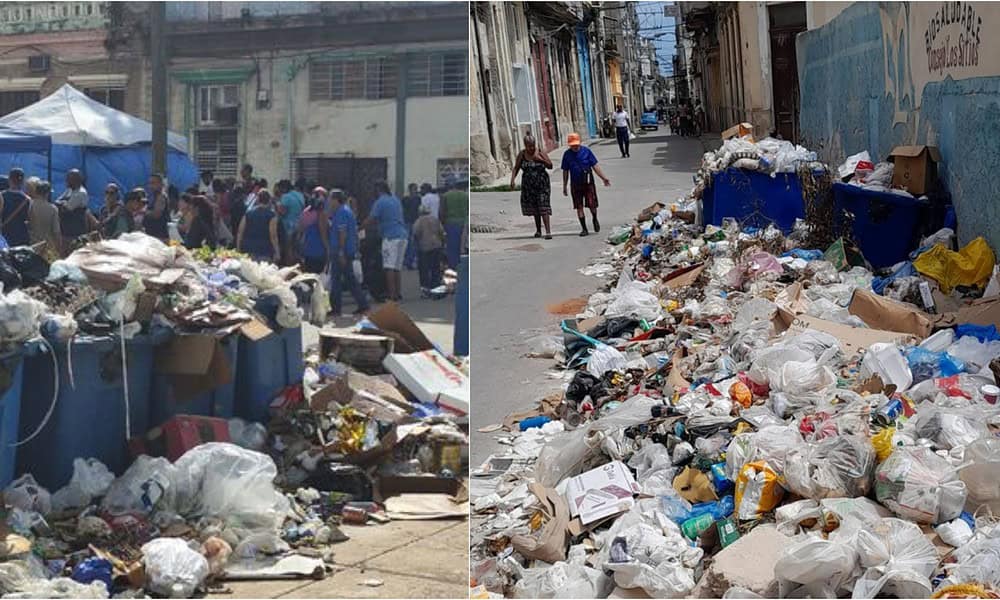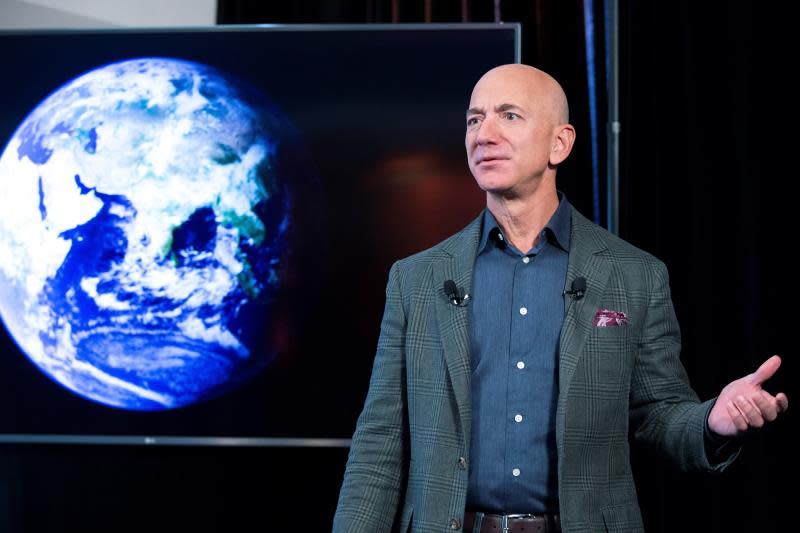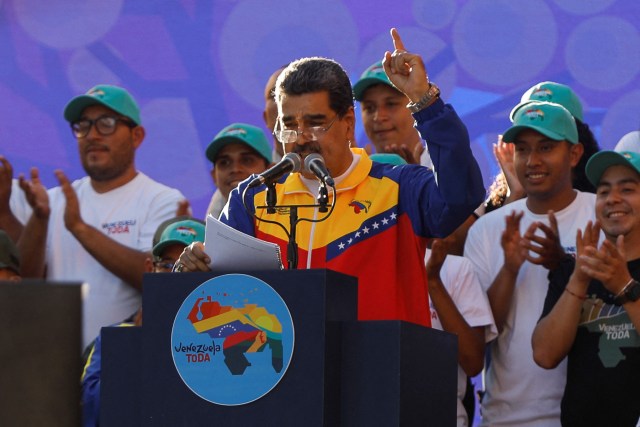
Venezuela's more than 15-year history of tumultuous relations with transnational oil companies has begun a new chapter.
Angel Bermades || BBC World
On December 5, Nicolás Maduro announced that he would propose a special law between the two countries prohibiting the hiring of “companies that operate or cooperate with unilateral concessions made in the Guyana Sea.”
“I propose that all these companies withdraw from these activities for three months.”Maduro said the rule would make it difficult for Guyana to pursue oil projects in front of Essequibo, a territory controlled by Georgetown but claimed by Caracas.
Chavismo's leader's announcement came two days after a referendum was held to consult citizens on the creation of a Venezuelan state in the disputed territory and to reject the Paris Arbitration ruling he handed down in 1899. established borders between the two countries, but Venezuela considers it null and void.
In 1962, Venezuela joined the UN. Mun re-enforced its claim for Essequibo and set aside the arbitral award. This led to the signing of the Geneva Accords in 1966, whereby Venezuela and Guyana committed to seek a practical and satisfactory solution to the dispute.
But since the good offices mechanism they sought for more than a quarter of a century did not lead to a solution, Georgetown asked in 2013 to take the case to the International Court of Justice (ICJ), where it will be decided. .
At the same time, Guyana began offering oil exploration concessions in unrestricted waters over which Venezuela considers it has rights.
The Maduro regime rejects the jurisdiction of the ICJ and is trying to stop Guyana's oil exploitation, threatening transnational corporations that have secured those concessions.
However, his ultimatum could have negative consequences for oil production in Venezuela.
More details at BBC World

